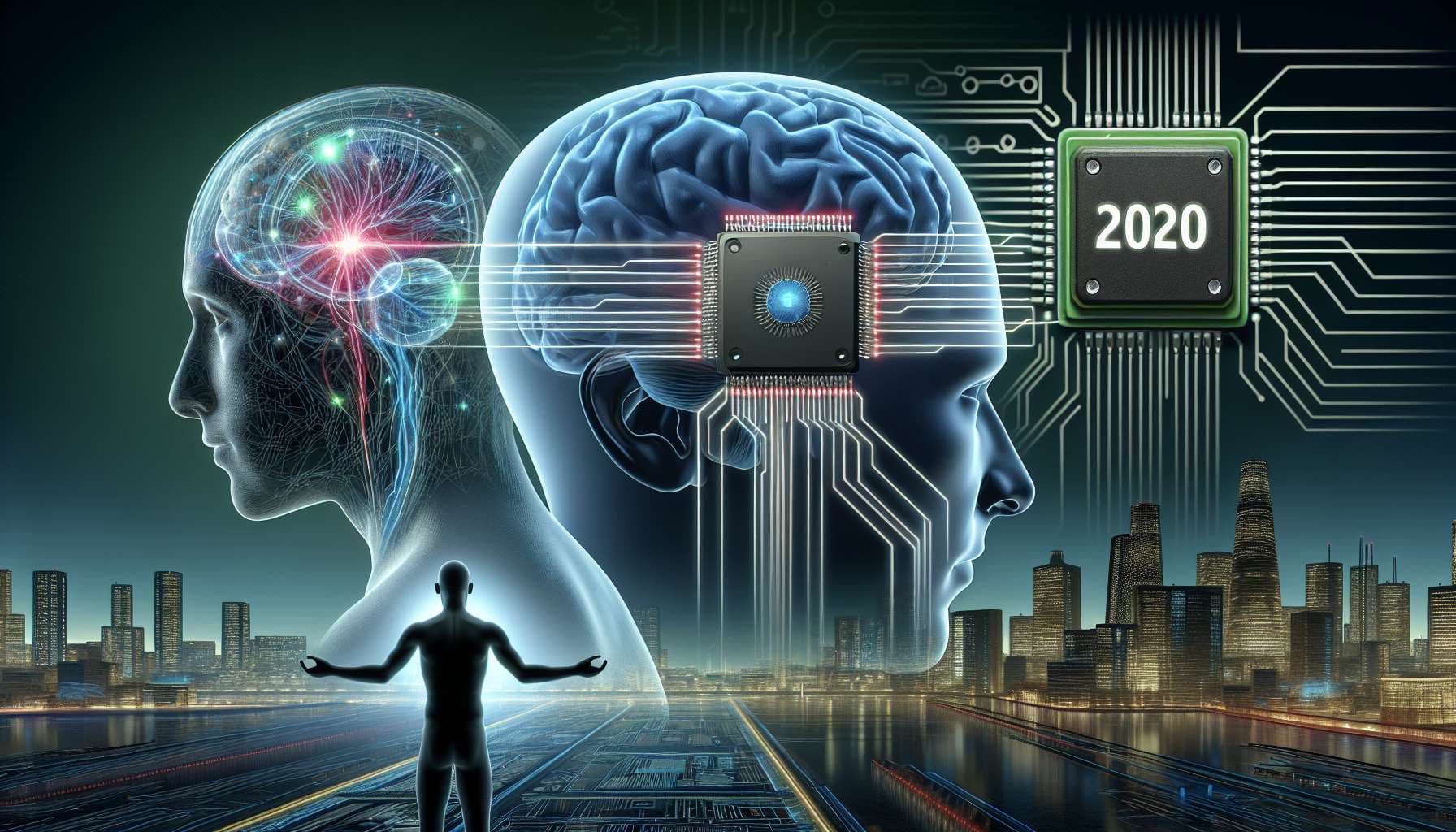
Resolves Yes if there's credible news coverage of a Neuralink patient regaining the ability to see using Neuralink's tech.
Define ability to see. Allowing a person to make out edges and movement, or recognizing someone smiling require different levels of spatial resolution and the required density of electrodes to evoke phosphenes is dramatically impacted by this. Stimulating in earlier stage of visual processing such as thalamus may circumvent this problem. There is already technology that allows evoking phosphenes in visual cortex to make out edges, but we are quite a ways off from allowing a blind person see someone smile. Please provide some more specificity to allow better prediction.
@GarrettBaker Neuralink's brain implants are to the optic nerve as a caveman banging rocks together is to the Large Hadron Collider. If you're being (very!) generous, you could say that they do vaguely similar things, but the former obviously has no hope of emulating the latter.
@GarrettBaker Then let me make it more clear: I do not believe you can make someone "see" by haphazardly sticking a chip on their their brain and hoping it does something. It seems to me just as unlikely to work as it is for a rock-banging caveman to discover the Higgs particle.
.
@weissz if there's ambiguity I'm sure gabe will be fine with the resolution chosen by unbiased and uninvolved moderators. but I'd bet good money this won't end up being ambiguous
.
@12c498e Needs to be simulate the sensation of sight. Neuralink has talked about how they're working on this
@GabeGarboden How strict is the criteria around the sensation going to be? If a person who was not born blind but later went blind used the Neuralink to restore "vision", and described the experience as, for example, "similar but slightly less natural", would that satisfy for YES?
@12c498e If they achieve anything similar to what they discuss in this vid, i'll resolve yes: https://youtu.be/B2RFPKIHC7k?si=RsPI5j4fT9pI51sP
@roughlyhewn Interestingly enough, it happened just ~10 days after your comment: https://www.npr.org/2024/01/30/1227850900/elon-musk-neuralink-implant-clinical-trial
@ftkurt Either's fine. Resolves based on credible news coverage that a patient has gained the ability to see when previously could not